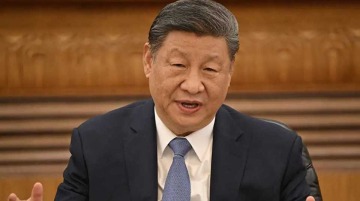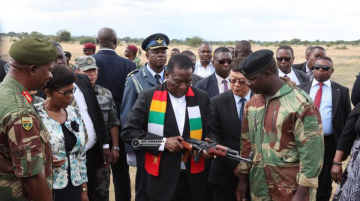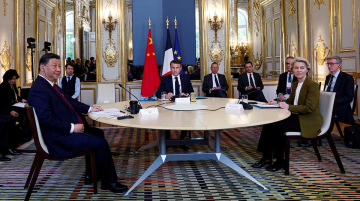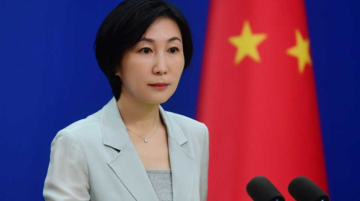- Get a daily email packed with the latest news and analysis from Africa, Asia, and across the Global South.
- Read exclusive insights on the key trends shaping China’s relations across the Global South.
- Full access to the News Feed that provides daily updates on Chinese engagement in the Global South.
Vietnam Criticizes China–Cambodia Joint Military Drills, Citing Regional Stability
What is The China-Global South Project?
Independent
The China-Global South Project is passionately independent, non-partisan and does not advocate for any country, company or culture.
News
A carefully curated selection of the day’s most important China-Global South stories. Updated 24 hours a day by human editors. No bots, no algorithms.
Analysis
Diverse, often unconventional insights from scholars, analysts, journalists and a variety of stakeholders in the China-Global South discourse.
Networking
A unique professional network of China-Africa scholars, analysts, journalists and other practioners from around the world.








